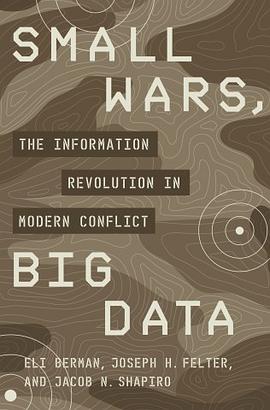Civil Action and the Dynamics of Violence 豆瓣
作者:
Deborah Avant
/
Marie Berry
…
Oxford University Press
2019
- 9
Many view civil wars as violent contests between armed combatants. But history shows that community groups, businesses, NGOs, local governments, and even armed groups can respond to war by engaging in civil action. Characterized by a reluctance to resort to violence and a willingness to show enough respect to engage with others, civil action can slow, delay, or prevent violent escalations. This volume explores how people in conflict environments engage in civil action, and the ways such action has affected violence dynamics in Syria, Peru, Kenya, Northern Ireland, Mexico, Bosnia, Afghanistan, Spain, and Colombia. These cases highlight the critical and often neglected role that civil action plays in conflicts around the world.


